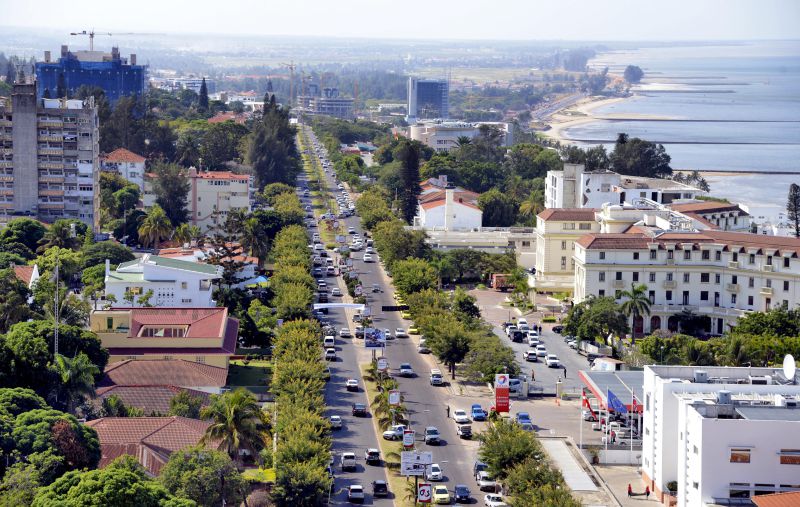Mozambique: Revision of decentralization laws will reduce powers of State Secretary
Mozambique: Delays in peace talks raise risk of social unrest – BMI Research

Lusa (File photo)
BMI Research, a consultancy firm, said on Tuesday that the delay in peace negotiations in Mozambique increases the risk of social unrest due to the postponement of elections or contesting of electoral results.
In an analysis of the progress of negotiations between the ruling Mozambican Liberation Front (Frelimo) and the opposition of the Mozambican National Resistance (Renamo), BMI Research said that the central expectation is that negotiations will continue in the coming months, but tensions between the two parties have increased the risks of social unrest that arises either from a postponement of the elections or from contesting the results.
Analysts from this Fitch group consultancy said in the report they believes that in spite of the fact that in recent months there has been significant progress in peace negotiations between the government and the main opposition party, there is still a risk that the advances will stop, or that negootiations may even collapse.
The main issue, they said, is the deadline for disarmament, which remains a strongly contested topic, giving the example of Frelimo’s refusal at the end of June to get an electoral law passed to facilitate the municipal elections scheduled for October, arguing that it feared Renamo had not dropped its weapons.
The postponement of the implementation of the electoral law, originally scheduled for the parliamentary session of 21 and 22 June, and the suspension of the preparations of the National Elections Commission may revive distrust among Renamo members towards the ruling party, argue the consultants.
If disagreement over disarmament continues, they said, tensions can increase on both sides to the point where peace talks are suspended, while postponing elections may undermine public confidence in the government.












Leave a Reply
Be the First to Comment!
You must be logged in to post a comment.
You must be logged in to post a comment.